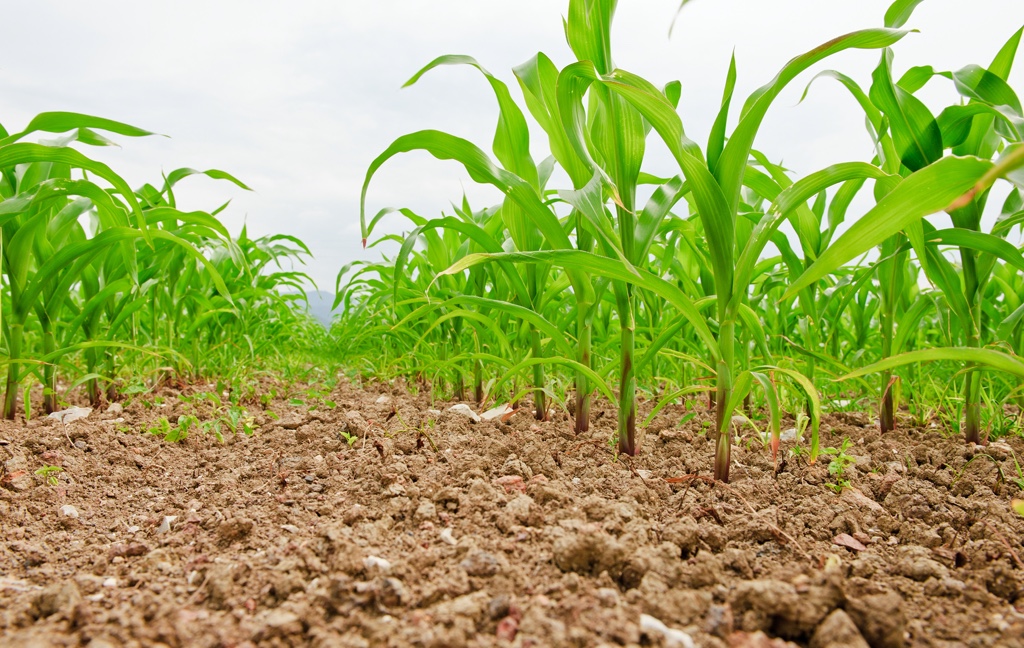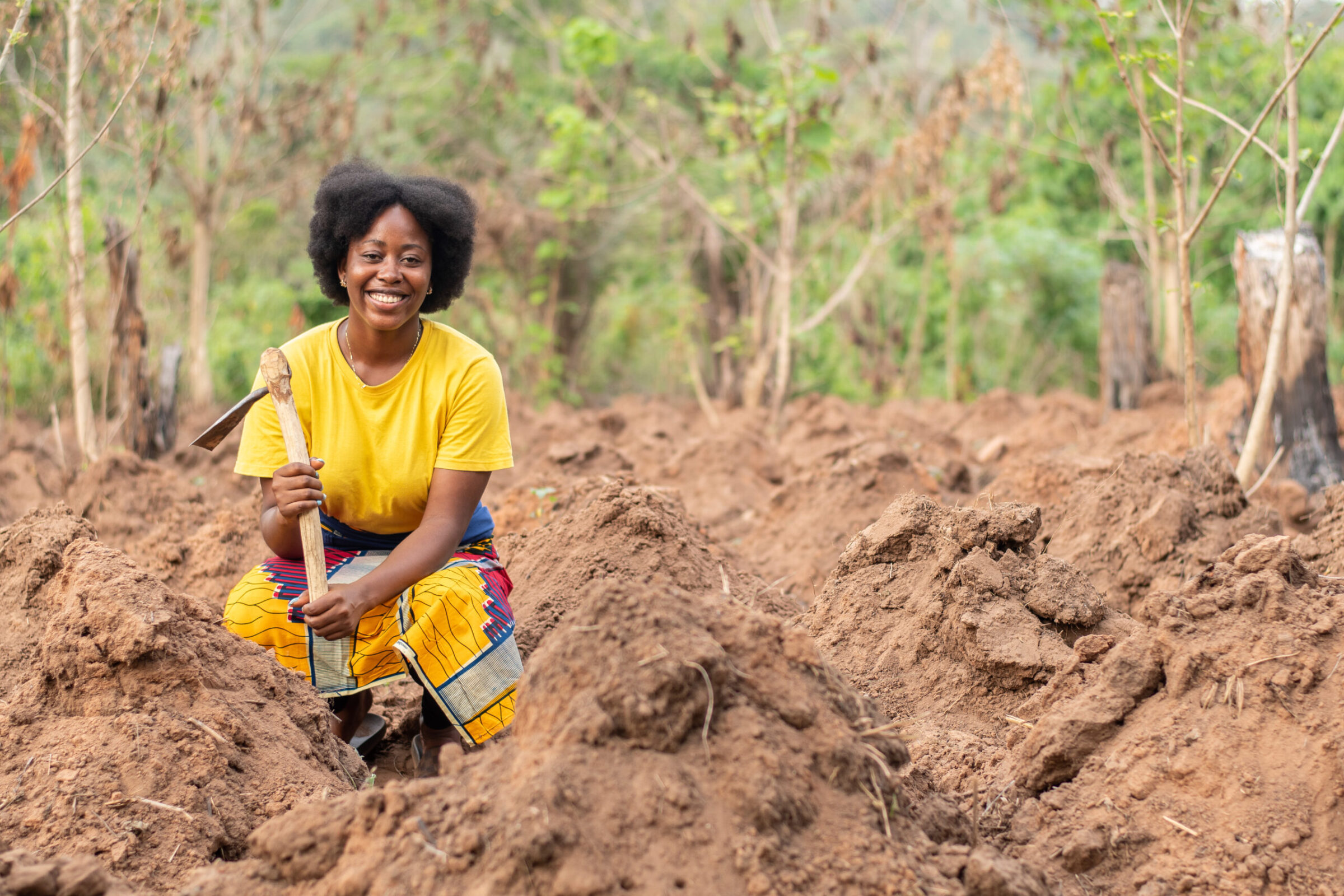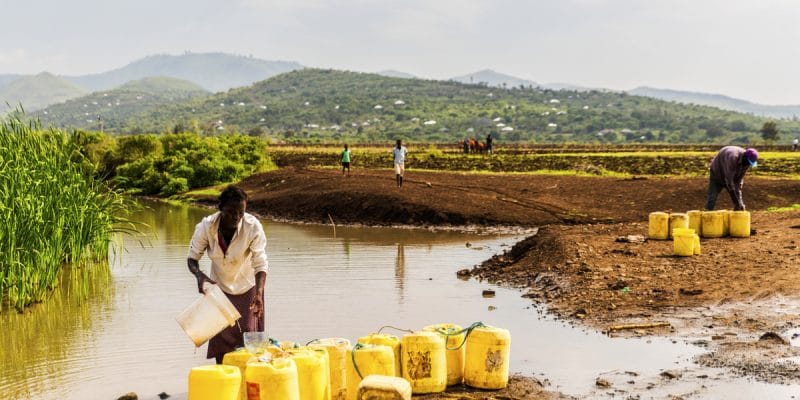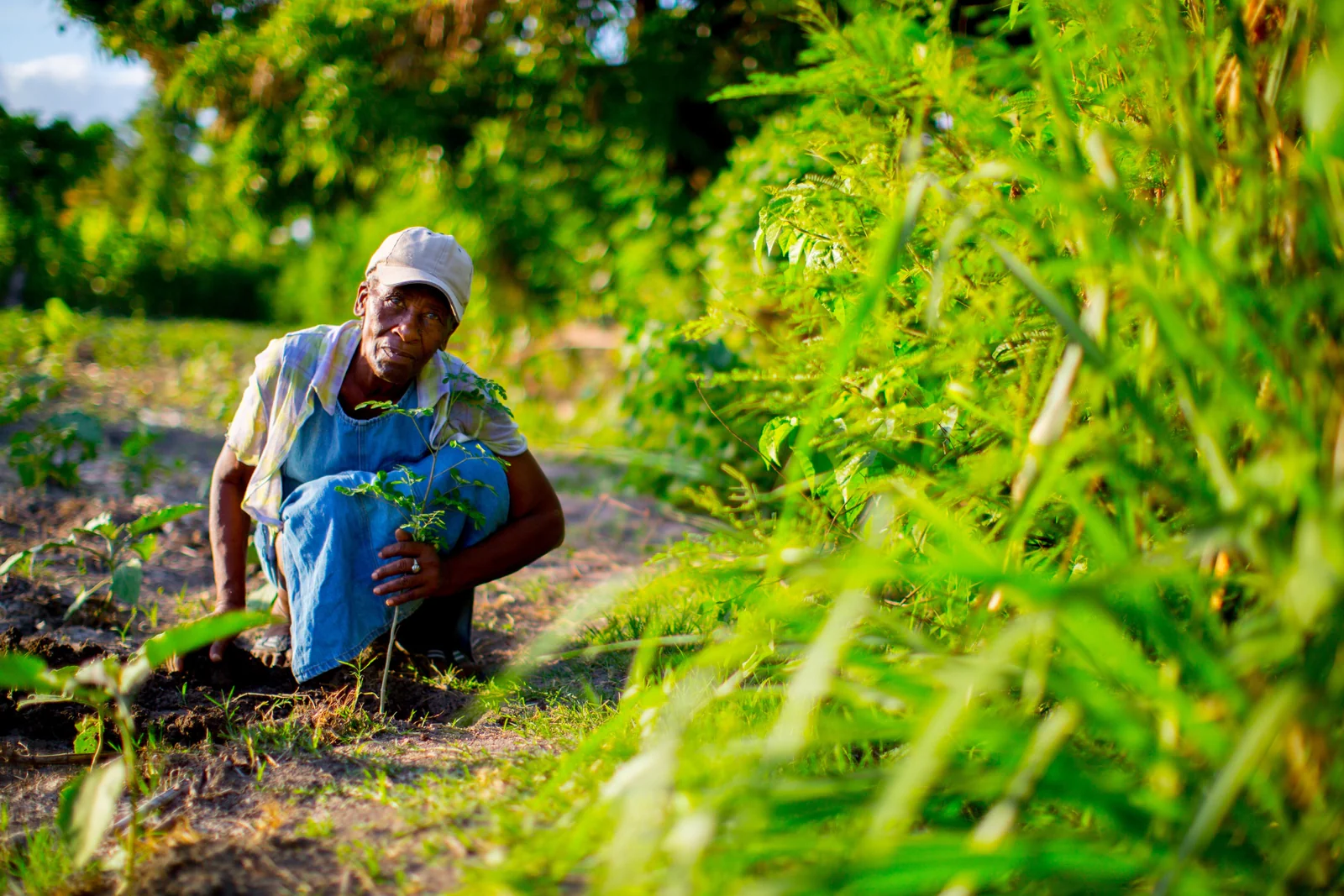

Sustainable production (SDG 13) remains a vital global objective and as a company, Afarinick’s aim is to ensure that through the production of agricultural produce, a harmonious balance is maintained between productivity and environmental stewardship, safeguarding food safety and security as well as maintaining ecological systems to facilitate continuous yield across the landscapes within which we operate.
Our sustainable agricultural program has been couched out of two main pillars, Economic Growth and Sustained Environment as it is evident sustainability projects tend to thrive when the livelihood of farmers are improved. Afarinick promotes the following sustainable farming practices to ensure that the produce from farms are safe for consumers, we safeguard soil, water and promote biodiversity through reduced chemical use.
These solutions are Afarinick’s contribution to improving the ecosystem and ensuring the future of sustainable agriculture.







Afarinick Company Limited is dedicated to advancing sustainable agriculture through innovative practices and technologies. Our mission is to create a harmonious balance between productivity and environmental stewardship, ensuring food security and ecological health for future generations.